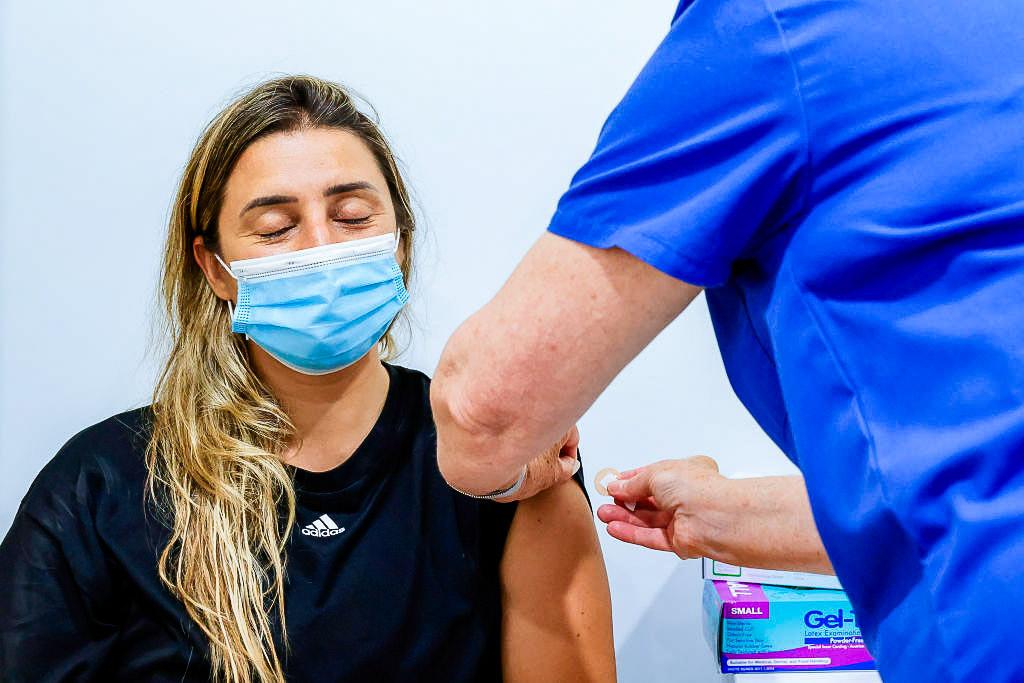The Department of Health and Human Services (HHS) stated that it is launching a campaign to boost COVID-19, influenza, and RSV vaccines ahead of the fall and winter months.
In an announcement on Aug. 19, the federal health agency stated that it is trying to “increase awareness of vaccines” for influenza, COVID-19, and respiratory syncytial virus, more commonly known as RSV.





